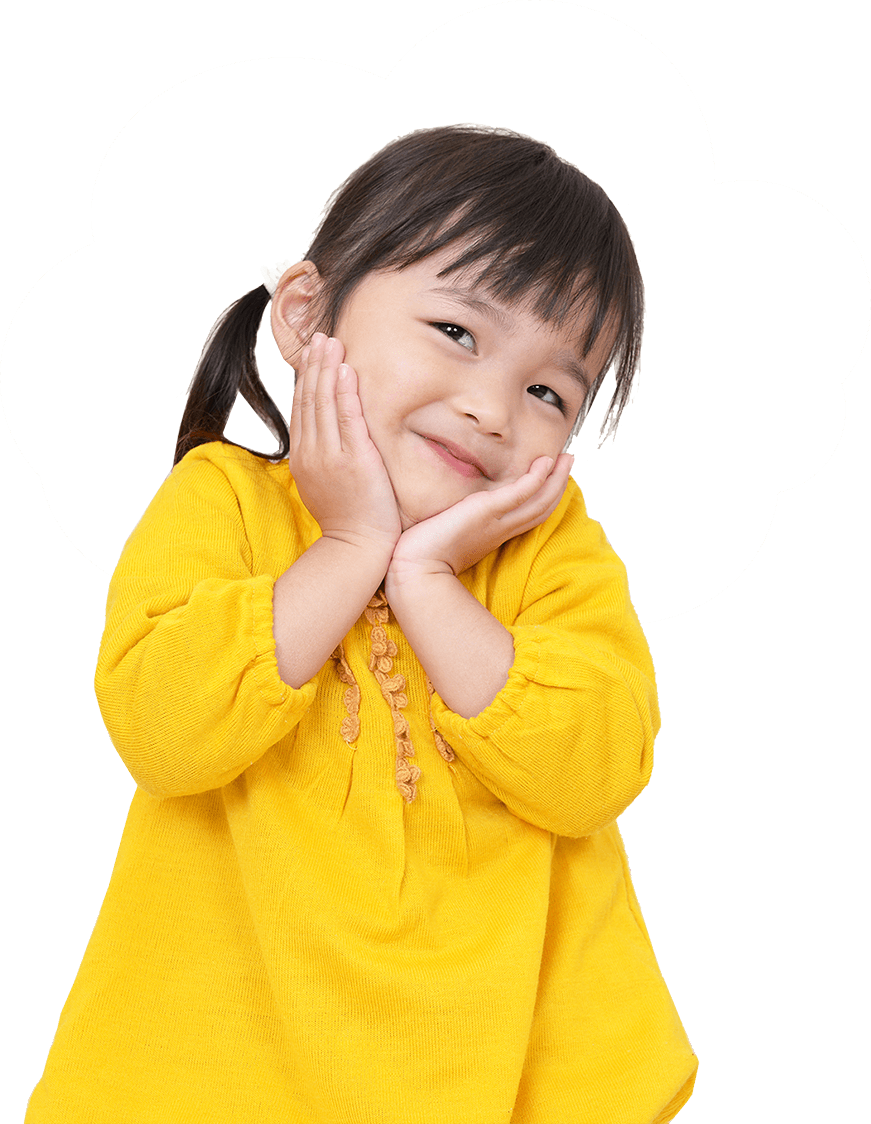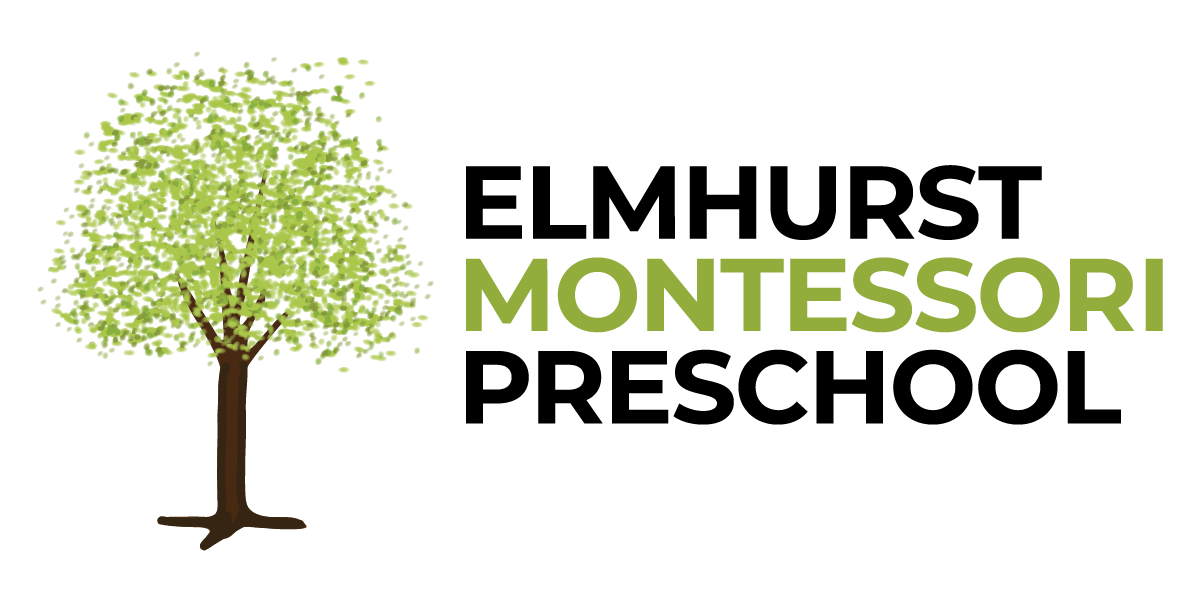
WHAT IS MONTESSORI?
EDUCATIONAL PHILOSOPHY
Learning is natural
The Montessori educational philosophy is based on the teachings of Dr. Maria Montessori. She created her educational method by following the child’s natural abilities and needs. She began her work with children who had special needs and based her method of education on scientific observations of these children. She opened her first school for children who did not have special needs in a very poor part of Rome in 1907. The school was originally created as a child care center. Even though this method of education is over 100 years old, it still is appropriate for today’s children.
Observation of the child is a key component to Montessori’s method. Each child is treated as an individual and the teacher observes the child in order to guide them to a work suited to their needs. Lessons are presented to the child when the teacher observes they are ready and they can be modified for each individual child. A child is able to develop at their own internal pace. In a Montessori classroom there are, in essence, twenty different learning plans happening at once – one for each child. The individual attention the teacher gives to each child allows the child to really focus on their own learning. Large group lessons are a rarity in the preschool classroom.
The Montessori classroom is a meticulously prepared environment. The teacher carefully selects works that are appropriately sized, displayed in a specific order, meet the needs of the children, are made with natural materials and are beautiful. Another tenet of the Montessori philosophy is the belief that the child is intrinsically motivated to complete a task. External rewards and punishments are not components of her educational philosophy.
Children are able to move freely in the classroom, they are not confined to a desk each day. They have the freedom to choose a work that interests them and they can spend as much time completing it as they would like, even repeating it several times if desired. Montessori classrooms are multi-aged allowing the younger children to observe and learn from the older children. The older children gain confidence when helping others and this aids with learning retention.
Montessori developed many educational materials that teach a specific skill. The materials are also self-correcting, allowing a child to independently correct an error through their own discovery. This fosters independence since the child can work with the materials without relying on the assistance of a teacher. In addition to these special materials, the children learn how to care for themselves and their environment when they work in the practical life area of the classroom. Here they learn fundamental life lessons, like how to prepare food, wash dishes, water plants or clean up spills. Montessori education teaches peace for one another and for the world. We teach the children how to care for the environment and respect others.
Observation of the child is a key component to Montessori’s method. Each child is treated as an individual and the teacher observes the child in order to guide them to a work suited to their needs. Lessons are presented to the child when the teacher observes they are ready and they can be modified for each individual child. A child is able to develop at their own internal pace. In a Montessori classroom there are, in essence, twenty different learning plans happening at once – one for each child. The individual attention the teacher gives to each child allows the child to really focus on their own learning. Large group lessons are a rarity in the preschool classroom.
The Montessori classroom is a meticulously prepared environment. The teacher carefully selects works that are appropriately sized, displayed in a specific order, meet the needs of the children, are made with natural materials and are beautiful. Another tenet of the Montessori philosophy is the belief that the child is intrinsically motivated to complete a task. External rewards and punishments are not components of her educational philosophy.
Children are able to move freely in the classroom, they are not confined to a desk each day. They have the freedom to choose a work that interests them and they can spend as much time completing it as they would like, even repeating it several times if desired. Montessori classrooms are multi-aged allowing the younger children to observe and learn from the older children. The older children gain confidence when helping others and this aids with learning retention.
Montessori developed many educational materials that teach a specific skill. The materials are also self-correcting, allowing a child to independently correct an error through their own discovery. This fosters independence since the child can work with the materials without relying on the assistance of a teacher. In addition to these special materials, the children learn how to care for themselves and their environment when they work in the practical life area of the classroom. Here they learn fundamental life lessons, like how to prepare food, wash dishes, water plants or clean up spills. Montessori education teaches peace for one another and for the world. We teach the children how to care for the environment and respect others.

F E A T U R E S
Prepared Environment of the Montessori Classroom
Sensorial
This area of the classroom provides an assortment of activities that teach the child how to discriminate between different colors, shapes, textures, and sounds. These activities help to develop their perceptual and sensory abilities and to categorize new information.
Language
Children learn the sounds of the letters, then match objects to the letters and eventually use a moveable alphabet to form simple words. This is the beginning of the reading stage. Books are available at all levels for beginning to advanced readers.
Mathematics
Children acquire mathematic skills through the use of concrete concepts and items like beads, spindles and various counting objects. The decimal system is introduced and advanced math materials teach addition, subtraction, multiplication, division, geometry and fractions.
Geography
Through the use of concrete materials children learn about the world around them. Wooden puzzle maps of the continents are introduced and artifacts are displayed from various cultures. The children learn about various land forms and what the earth is made of. Discussion of many cultures and celebrations of multicultural holidays and events teach respect, tolerance and acceptance of the global community.
Science & Nature
Children are introduced to life in its various forms. Plants and animals are studied and observed. Children are taught to respect all life forms and to take care of their environment. Discussions center around the change of the seasons and children are encouraged to bring in objects from nature.
Art & Music
Art, drama, music and movement allow the children to express their creativity, explore their imagination, and encourage self-expression. Various art mediums are available for the children to create their own experiences. A myriad of musical rhythms are introduced, various dances explored and dramatic productions (plays) are created.
Practical Life
Maria Montessori believed that the child creates himself through purposeful activity. Hand washing, dish washing, plant watering, and polishing are some activities that help your child to become independent while preparing them for real life. The purpose of these activities is to help to develop their concentration, coordination, attention to detail and sense of order.


